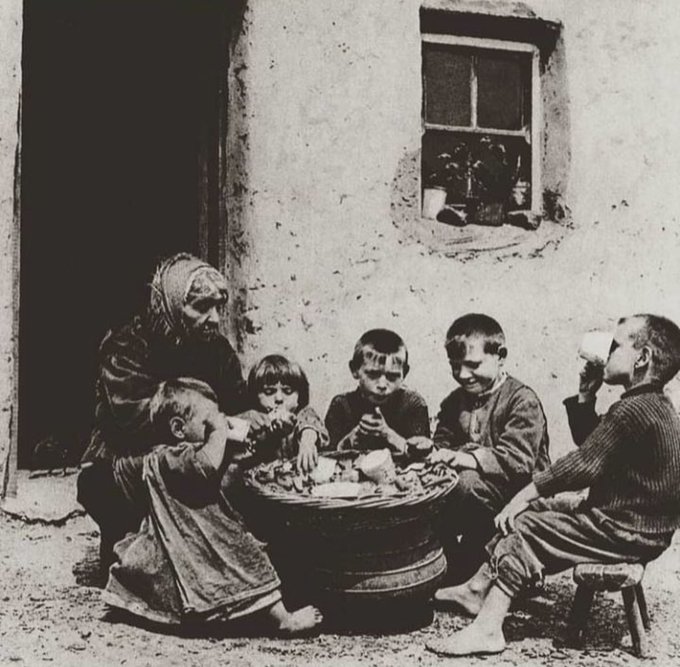The wind cuts through my threadbare coat, my fragile body huddled in the grimy alleyway, eyes locked on the posh restaurant across the street. Crystal chandeliers twinkle, laughter rings out, the scent of rich food wafts towards me, an unwelcome reminder of my gnawing hunger.
مدونة ثقافية. تحررها لكم د/ إيمان الطحاوي. يجب ذكر المصدر عند النقل أو الاقتباس. Blog by Dr Eman Altahawy, 2008
Pages
Wednesday, July 26, 2023
History, art and literature from my twitter
Friday, July 14, 2023
documentary ‘Fishers of Men’
"Over the past two decades, tens of thousands of men, women and children – the majority of whom are refugees escaping violence, persecution and hardship – have lost their lives at sea while searching for a better life."
https://www.fishersofmenfilm.com/
The creation of MOAS was one family’s reaction to the European migration crisis that they saw unfolding in the waters of the Mediterranean. Fishers of Men is a documentary film that follows the Catrambone's as they embark on the MOAS journey and gives an inside view into the work of the NGO throughout their time at sea. The documentary uses footage from media outlets and embedded video journalists to map the history of the charity and give a raw, unfiltered view of what maritime search and rescue operations really look like. Filmed over several years, the footage shows MOAS responding to the developing crisis in the Central Mediterranean and the Aegean Sea. The film outlines the various aspects of the rescues as told by the search and rescue crews, tells the stories of those they rescue, and gives an insight into the challenges faced by the Catrambone's as they fight to keep the charity alive.
رجال دين أقوياء و صادقون
Tuesday, July 11, 2023
30 victims of the Srebrenica Genocide were buried in #Srebrenica-Potocari
Thanks for this award.. #Srebrenica 2023 Novinarska nagrada ''Nino Ćatić'' genocidu u Srebrenici
Specijalnu nagradu inicijatora i Organizacionog odbora za doprinos očuvanju istine o genocidu u Srebrenici dobila je dr. Eman Tahawy iz Egipta.
Monday, July 03, 2023
أطباء بلا حدود تتحدث علانية- حالة سربرنيتشا SREBRENICA MSF
أطباء بلا حدود تتحدث علانية- حالة سربرنيتشا
Saturday, July 01, 2023
Nurse Claims #Srebrenica Was Like a Prison
18 JULY 2012
Nurse Claims Srebrenica Was Like a Prison
Testifying at the war crimes trial of the former Bosnian Serb commander Ratko Mladic, a former nurse described the town of Srebrenica in 1995 as an open-air prison.
MARIJA RISTIC Christine Schmitz, a nurse for Doctors Without Borders in Srebrenica in 1995, testified on Tuesday as the third witness for the prosecution at Mladic’s trial. “I had a feeling that there was no freedom of movement, since, for example, if someone wanted to go to the town of Sarajevo, they could not. My colleagues who were working in the nearby village of Zepa, secretly transferred things to us [in Srebrenica],” said Schmitz.
 |
| Christine Schmitz, former nurse of the Doctors Without Borders BIRN |
Schimtz recalled that in July 1995, a number of civilians fled to the village of Potocari because they feared the Bosnian Serb army which was about to occupy the town of Srebrenica. She said that Robert Franken, a Deputy of the UN Dutch Battalion, informed her that Mladic requested permission from the United Nations to organize an evacuation of Srebrenica. The witness then argued with General Mladic, claiming that the evacuation was the job of Doctors Without Borders, DWB, however, Mladic objected and told her to “go work on something else.” Schmitz previously testified at the trial of Radovan Karadzic, former President of the Republika Srpska. She then said she witnessed the shelling of Srebrenica, the exodus of the people to the UN base in Potocari, the separation of the men from the rest of the population, and the deportation of women and children to the territory controlled by the Bosnian army.
Schmitz explained that she then saw the Serb soldiers taking captured men to the Srebrenica execution sites. The witness left the enclave on July 21, 1995, together with other DBW staff.
July 18, 201210:12"قلب مفتوح"
تعرف على صانعي الأفلام المرشحين في 2013 لجائزة الأوسكار: كيف ديفيدسون - "قلب مفتوح" ملاحظة المحرر في IDA: ترشيح Open Heart لج...

-
من صفحة الفيلم الوثائقي (خط التماس) - Green Line de Sylvie Ballyot (2024) - Unifrance ندوة لصناع الفيلم في مهرجان الإسماعيلية الدولي للأفل...
-
الصورة [اثنين من الأخوة الذين تتراوح أعمارهم بين أربعة وخمسة لقوا مصرعهم وأصيب 14 آخرون بجراح عندما انفجرت قذائف الفسفور الأبيض...
-
هذه إبادة جماعية أم تجلس بجوار جثث بعض أقاربها الذين سقطوا خلال القصف الإسرائيلي على غزة -BBC كان هذا الرعب البائس الشبيه بالديستوبيا (نها...



.jpeg)


.jpeg)







